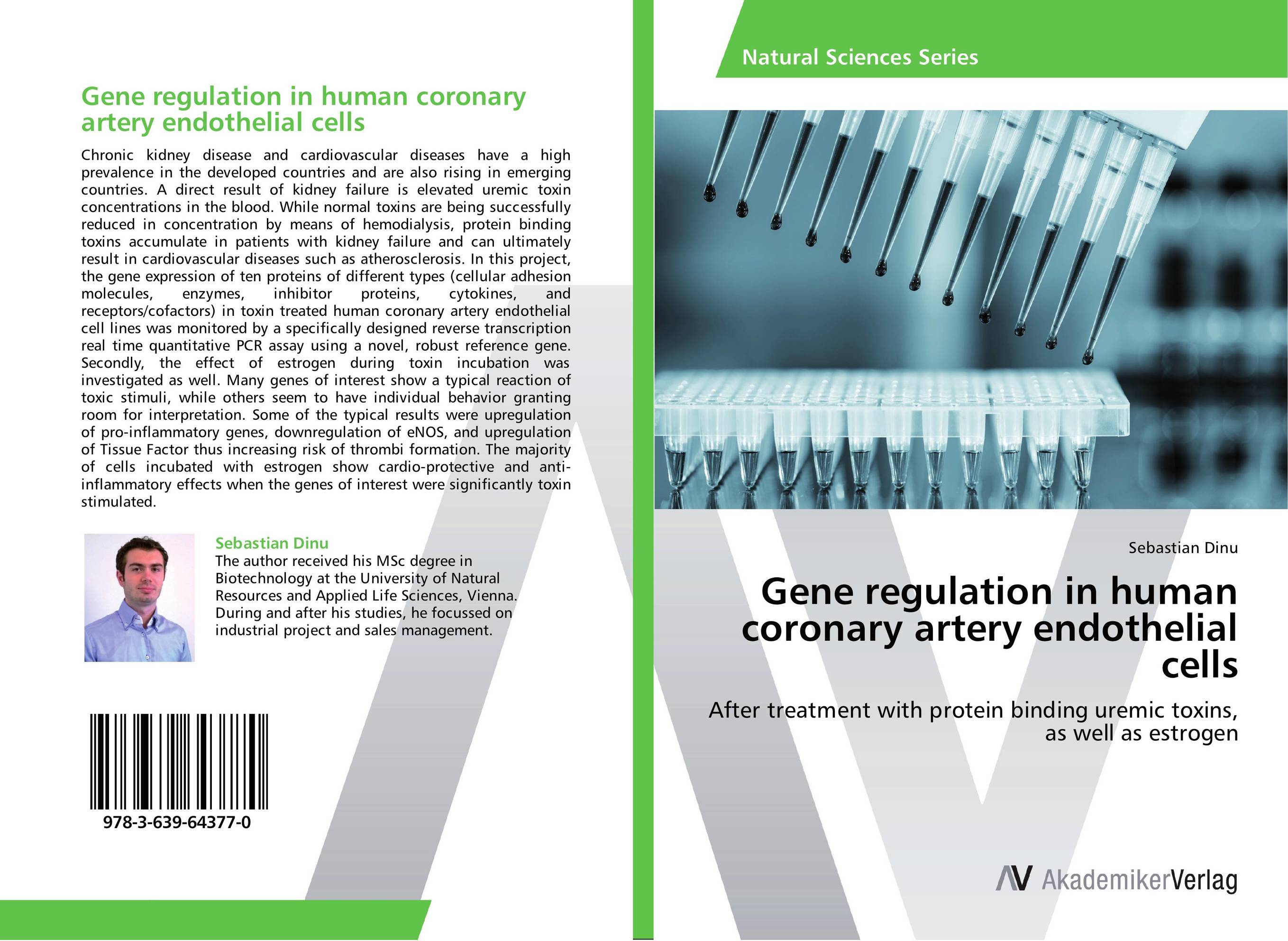| Поиск по каталогу |
|
(строгое соответствие)
|
- Профессиональная
- Научно-популярная
- Художественная
- Публицистика
- Детская
- Искусство
- Хобби, семья, дом
- Спорт
- Путеводители
- Блокноты, тетради, открытки
Gene regulation in human coronary artery endothelial cells. After treatment with protein binding uremic toxins, as well as estrogen

В наличии
| Местонахождение: Алматы | Состояние экземпляра: новый |

Бумажная
версия
версия
Автор: Sebastian Dinu
ISBN: 9783639643770
Год издания: 2014
Формат книги: 60×90/16 (145×215 мм)
Количество страниц: 84
Издательство: AV Akademikerverlag
Цена: 16318 тг
Положить в корзину
| Способы доставки в город Алматы * комплектация (срок до отгрузки) не более 2 рабочих дней |
| Самовывоз из города Алматы (пункты самовывоза партнёра CDEK) |
| Курьерская доставка CDEK из города Москва |
| Доставка Почтой России из города Москва |
Аннотация: Chronic kidney disease and cardiovascular diseases have a high prevalence in the developed countries and are also rising in emerging countries. A direct result of kidney failure is elevated uremic toxin concentrations in the blood. While normal toxins are being successfully reduced in concentration by means of hemodialysis, protein binding toxins accumulate in patients with kidney failure and can ultimately result in cardiovascular diseases such as atherosclerosis. In this project, the gene expression of ten proteins of different types (cellular adhesion molecules, enzymes, inhibitor proteins, cytokines, and receptors/cofactors) in toxin treated human coronary artery endothelial cell lines was monitored by a specifically designed reverse transcription real time quantitative PCR assay using a novel, robust reference gene. Secondly, the effect of estrogen during toxin incubation was investigated as well. Many genes of interest show a typical reaction of toxic stimuli, while others seem to have individual behavior granting room for interpretation. Some of the typical results were upregulation of pro-inflammatory genes, downregulation of eNOS, and upregulation of Tissue Factor thus increasing risk of thrombi formation. The majority of cells incubated with estrogen show cardio-protective and anti-inflammatory effects when the genes of interest were significantly toxin stimulated.
Ключевые слова: PAI-1, Enos, HCAEC, endothelial cells, protein-bound uremic toxins, Estrogen, moxestrol, ICAM-1, MCP-1, MMP-2, MMP-9, E-selectin, tissue factor, Thrombomodulin, VCAM-1, RPL37A



